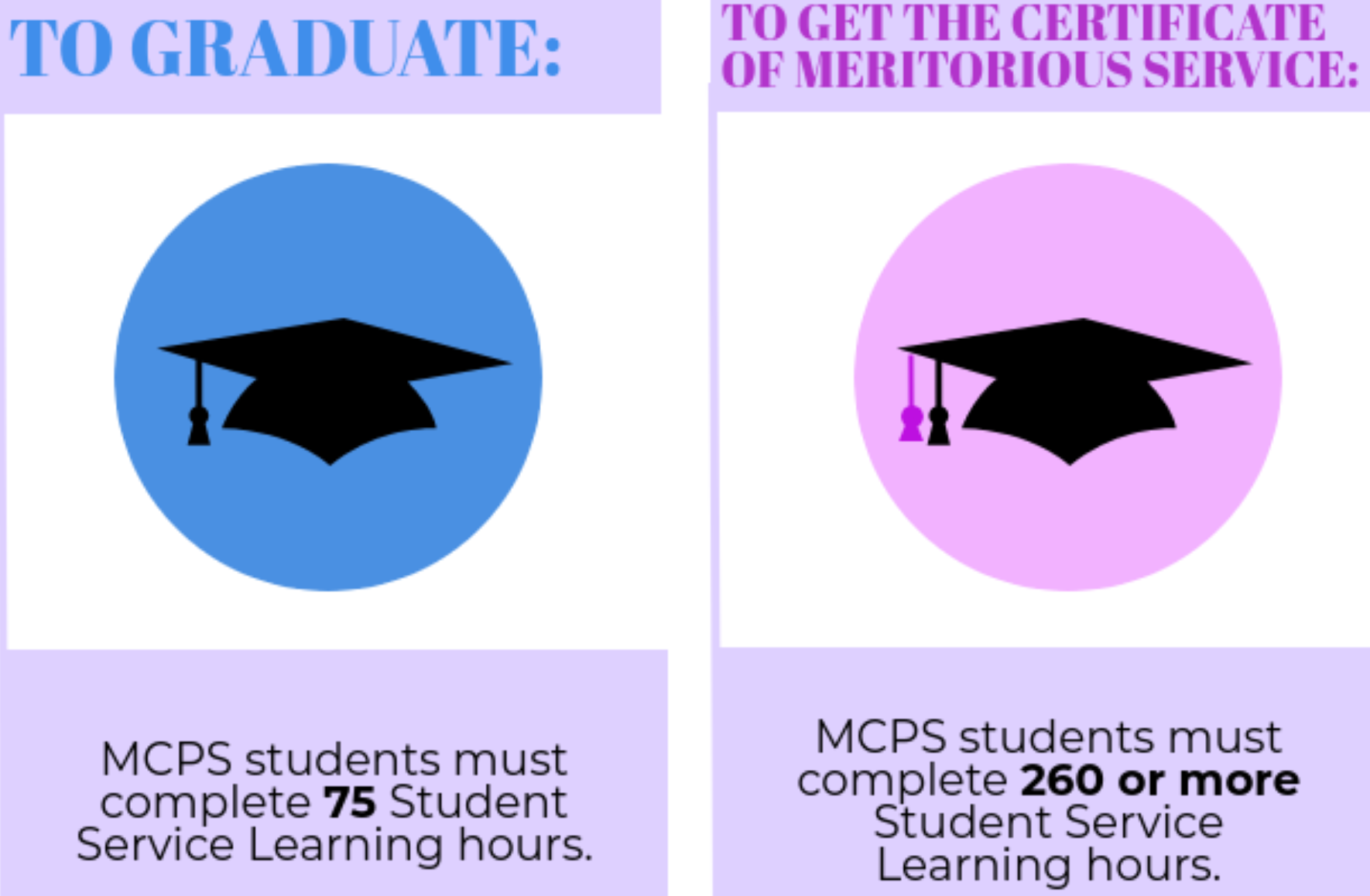Pensive, Jim Nondorf considers two similar applications of seniors- one is from Virginia, the other from Connecticut. Both boast stellar ACT scores, National Merit Scholarships, and glowing teacher recommendations. There is, however, one glaring difference between them: the Virginian has over 500 hours of community service. Armed with his University of Chicago pen, Nondorf marks on the girl’s application one word that will determine her next four years: accepted.

Such is the nature of volunteer hours that their presence makes students more eligible in the eyes of admissions officers, yet many do not participate in them. While volunteering does build character, it should not be school-mandated, because requiring students to show a set number of volunteer hours goes against the very principle of volunteerism, required tasks often drive students away, and students with altruistic intentions will continue to volunteer often, unaffected by requirements.
Volunteering activities are far from painful; those who refuse to give back to their community should not be forced to do so. For an act of community service to be true, motivation to participate must come from the volunteer. Those who have a sense of purpose when volunteering will put more effort into their given task, thinking not of its tediousness, but instead of how it will help someone. Unfortunately, the reverse also stands true: students participating solely because their school requires hours will likely take short cuts. The time spent on half-done tasks will create more work for other volunteers and take time away from an indifferent student.
A student whose high school requires service hours is like an adolescent whose parents demand his doing daily chores and who gets a bad taste in his mouth at the very mention of chores; irrespective of how amusing an activity is, our inclination to do it deteriorates when it becomes associated with the phrases “must” and “need to.” Rather than portray service hours as boxes to be checked, schools should advertise the benefits of an optional activity. If schools can change the narrative on volunteerism among students, the effects will become apparent in society.
When a student becomes an active member of his or her community- collecting trash in local parks or tutoring younger students in math – he or she decides to contribute to society for no payment. While volunteering offers no tangible award, it is linked to both more impressive college resumes and feelings of fulfillment. Students who recognize the good that can come from their volunteer work- of which they, too, can be recipients- will not cease to volunteer if schools make it optional.
Volunteering is a noble institution for its accepting environment and foundation of selflessness. All students deserve to experience the joy of being a part of this environment at some point in their school careers. Schools must find the fine line between imposing a set of hours on students and neglecting to discuss volunteerism altogether. After all, this fine line can empower students with an untraditional pastime that will remain a large part of their lives.

